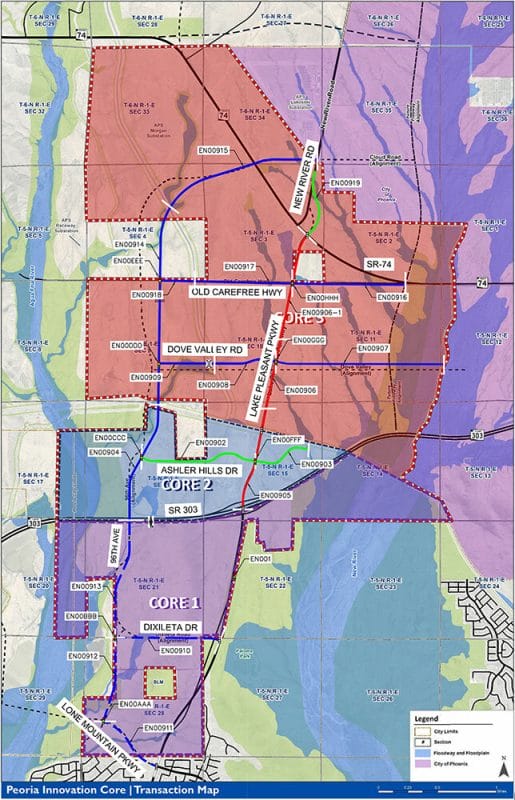 By Nick Timiraos | The Wall Street Journal
By Nick Timiraos | The Wall Street Journal
The housing-market recovery is here but there’s a growing debate among bulls and bears over how long it will last and how strong it will become, with both groups pointing to the same data to make their case: U.S. demographics.
The bull case says the housing market is in the early stages of a rebound that should last several years because the U.S. hasn’t built enough housing to support the country’s growth. The recession and the foreclosure crisis led to a sharp slump in new-home construction and in household formation. But the population didn’t stop growing. Instead, households simply doubled up or moved in with family.
The bears argue that the recent gains in housing will be short lived, pointing to changes in access to credit, elevated consumer-debt levels, and an over-reliance on investors. They don’t believe housing will crash again, and they concede that it should provide some contribution to economic growth. But they see little evidence that the price or sales momentum is durable or that housing will provide the big boost to the economy that the bulls are expecting.
For anyone considering whether to buy a home to live in, the decision should focus primarily on whether they can afford the payments and other costs of ownership, regardless of where home prices go.







